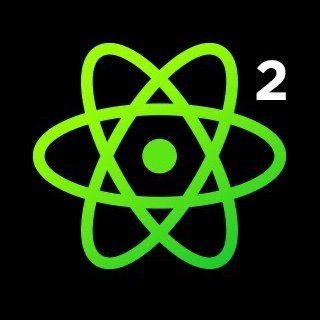Hi, I'm Zachary. Our keynote speaker this morning is Oliver and his team. So over the last year, we're really excited to be here and I'm really excited to be able to talk to Oliver. So we're excited to be able to talk to Oliver, and we're obviously excited to be able to talk to Oliver. That's why we're so excited to be here.
We're going to talk about React, and I'm going to be talking about TypeScript and when I say that, I mean, there's a lot of nice things to talk about and I'm going to talk about React, but I'm going to talk about its benefits. I'm going to talk about it from a JavaScript perspective.
Hi guys. So thank you for having me in React Summit 2020 Remote Edition. I'm super excited to be here and today, I'll be talking about my journey of learning React. How do I go, you know, about things in learning React? How do I learn things at present as well whenever I'm stuck? So I'll be discussing about that. So my name is Tathagat Thapliyal and I work at Coding Blocks as a Product Engineer and Instructor for ReactJS and NodeJS. So we at Coding Blocks are basically bridging the gap between the industries and the professionals or you can say college students. We teach them, you know, basic computer science stuff like Android, web development, machine learning, data science. We prepare students for cracking big wakes like Google, Amazon, Microsoft. And we are, you know, basically, doing this. So I work, I develop products and, you know, teach students for React and Node over there. Right?
This is about myself and so I'll be starting with my journey in React. How did I get into this field? How did I actually get in the field of full stack, basically? So, as you all know, React is a fine-duty library, which is very popular these days, definitely, right? So, my journey, so basically, I'm a student, undergrad student. At present, I'm pursuing my Bachelor's of Computer Engineering. I'm not yet a graduate, I'm graduating this year. So, I'm a student and, one and a half year back, I was, you know, actually zero in full stack domain. I did not actually knew anything about what is full stack, what is web development, what is development, to be precise. So, I started my journey, I, you know, began with the very basic stuff, like HTML, CSS, which like every developer do. So, I started with those things, then ultimately, I chose React, you know, I chose to learn this, iDubi library. The reasons were for definitely popularity, many applications using React Js, by, you know, I was, you know, able to, you know, learn React and I was able to start it. That was the initial point, which I did not know anything about, you know, React JS. So, I went through, you know, multiple phases, so I'll be discussing them over here and I think that'll help you all, you know, actually learn any text pack. So, why and how to learn React is a very important question that should come in your mind whenever you start anything. Why and how to learn X, X is any text pack? So, why should you learn any text pack is a very important question that should every time, you know, have a use case in your mind, you should have a use case of any text pack you are learning.
























Comments